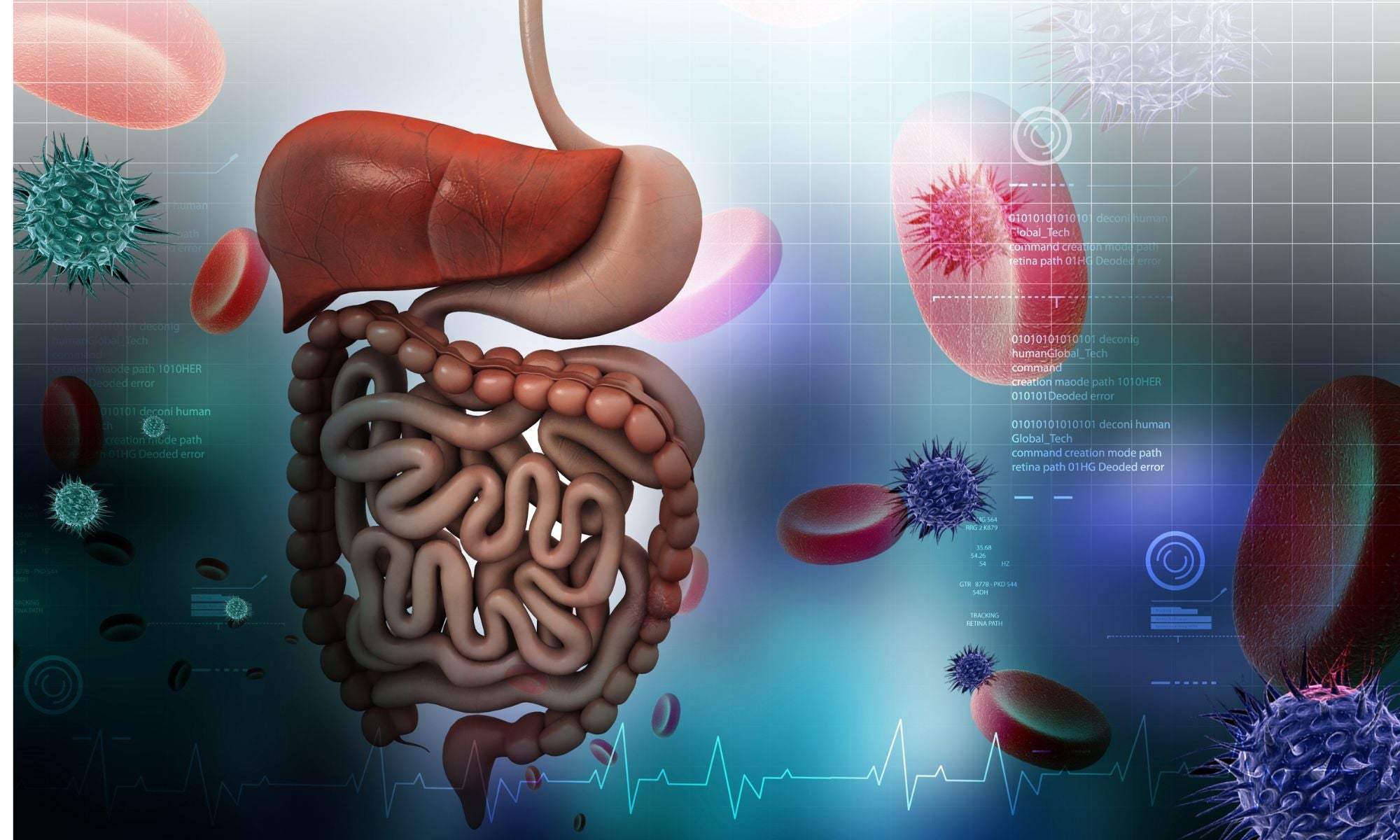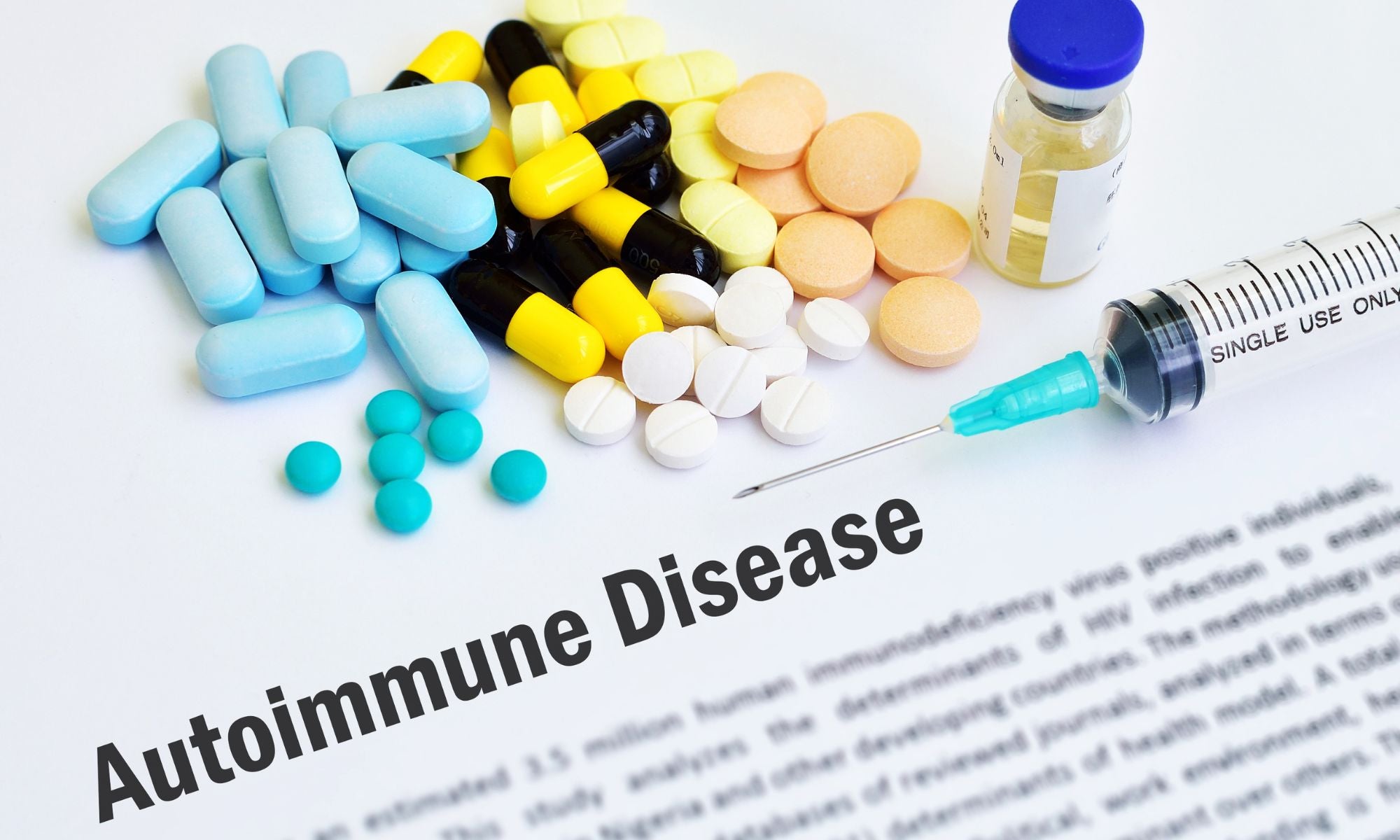
How gut health benefits heart health
Introduction
The health of your gut has a big impact on your overall health, including heart health. The immune system and the gut are linked, and when there's an imbalance in your gut bacteria, it can cause inflammation in the body—and inflammation is a risk factor for heart disease. The good news is that there are easy ways to improve your gut bacteria and heart health at the same time.
Imbalanced gut bacteria can cause inflammation in the body.
When you have an imbalanced gut, it means that certain bacteria are more plentiful than others. When this happens, you're at a higher risk of developing inflammation throughout your body—including in your digestive system. Inflammation is the body's response to an injury or foreign irritant, and it's designed to help protect you from further damage. But when it becomes chronic, it can actually do more harm than good.
An imbalance in gut bacteria can be caused by a number of factors—from eating foods that are bad for your gut health to taking antibiotics for too long. If this is something you're experiencing, it's important to seek help from a doctor so that they can diagnose what's going on with your body and prescribe appropriate treatment options for resolving it.
The gut is linked to the immune system, which in turn affects the body's response to inflammation.

The immune system is a complex network of cells, tissues and organs that defend the body against disease-causing germs. The digestive system works with the immune system to break down food and absorb nutrients from it.
When you eat something healthy for your heart, like fruits or vegetables, it travels into your small intestine where most nutrients are absorbed into your bloodstream through tiny finger-like projections called villi (villi are also found on other parts of our bodies). This process helps keep us healthy by providing us with important vitamins such as vitamin C--which helps maintain healthy blood vessels--and fiber--which can help lower cholesterol levels by keeping us feeling full longer so we don't overeat."
Gut bacteria produce lipopolysaccharide (LPS), which triggers a reaction that causes inflammation and heart disease.
Inflammation is a complex and common condition. It's caused by a variety of factors that affect the body's immune system, including certain foods, gut bacteria, and allergies.
Gut bacteria produce lipopolysaccharide (LPS), which triggers a reaction that causes inflammation and heart disease. Researchers are still working to understand how this process works, but they do know that LPS causes problems with the endothelial cells that line blood vessels. These cells help regulate blood pressure and blood clotting by releasing nitric oxide. When they're damaged by LPS, they can't do their job as well—which means your cardiovascular system may not be working properly either.
Gut bacteria can disrupt hormone production, affecting hormones that regulate blood pressure and heart health.
.Gut bacteria have been shown to affect the production of several hormones that affect blood pressure and heart health. The vagus nerve connects your brain with various organs in your body, including the gut. This nerve sends information from your digestive tract back to your brain, which helps you understand how full you are. When microbes in our gut produce chemicals called lipopolysaccharides (LPS), they damage this connection between digestion and mood by activating toll-like receptors on cells in our bodies' mucosal linings (the surface layer that covers most internal organs). This causes inflammation throughout the body--a condition known as endotoxemia--which has been linked with high cholesterol levels as well as increased risk for heart disease and stroke.
A healthy gut helps your body break down fat more efficiently, so you may be eating more but still losing weight.
Your gut is a key player in your overall health. It's the first line of defense for your immune system, and it also houses most of your microbiome—the trillions of bacteria that live in your digestive system. These bacteria can have a significant impact on how you digest food, metabolize nutrients, regulate inflammation, and even affect what types of foods you crave.
One way they do this? They help break down fat so your body can use it as fuel instead of storing it as fat cells. Eating more fiber-rich foods can help feed these microorganisms and keep them happy and healthy—which makes it easier for them to do their jobs!
Taking care of your gut leads to healthier eating habits and a healthier heart.
A healthy gut means that your digestive system is working optimally. This means that you're absorbing the nutrients from your food, getting rid of harmful toxins and waste, and keeping the good bacteria in check.
A healthy gut also means that your heart is protected against the ravages of cardiovascular disease. In fact, research shows that 80% of people who suffer from heart disease have some sort of leaky gut syndrome—a condition where the lining of the intestines becomes damaged, allowing bacteria and other particles to enter your bloodstream.
There are many things you can do to take care of your guts health: start with a good probiotic supplement or eat more fermented foods like sauerkraut, kimchi, or kefir. You can also try eating more fiber-rich foods such as fruits and vegetables or whole grains like oats or brown rice. These foods will help keep things moving through your digestive system so that everything stays intact while you're digesting them!
Conclusion
So, what's the takeaway? We know you're busy and don't have time to read all of the research we've compiled here. We also know that your heart is important and needs protecting. So if there's one thing we want you to take away from this article, it's that taking care of your gut leads to healthier eating habits and a healthier heart.












